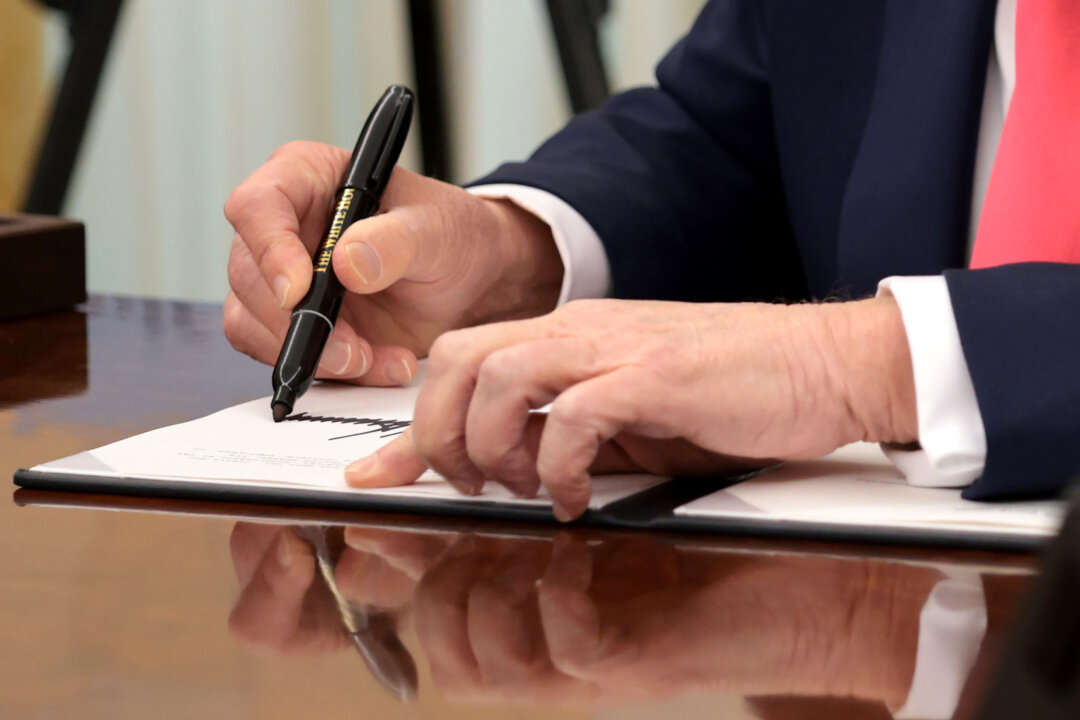More than 100,000 U.S. citizens -- including 7,600 New Hampshire residents -- would lose their medication treatment for opioid use disorder if Congress adopts President Donald Trump’s proposed cuts to Medicaid, according to a new report released Monday by Sen.
Maggie Hassan, D-N.H. Democrats on the Joint Economic Committee produced this report on the impact that Medicaid expansion has had on combating the crisis of fatal overdoses due to fentanyl.

Hassan is the ranking Democratic member on the panel. “The Trump Administration and Members of Congress on both sides of the aisle agree that access to addiction treatment is a critical tool in combatting the fentanyl crisis -– and as this new report highlights, Medicaid is what enables one million people to get medication-assisted treatment for opioid addiction, the gold standard of addiction care,” Hassan said. “President Trump and Congressional Republicans have proposed gutting Medicaid — in order to pay for tax breaks for corporate special interests and billionaires — which would jeopardize addiction care just as our country is finally starting to see progress in addressing the fentanyl crisis.
” In New Hampshire, 77% of those who get medication-assisted treatment do so because they qualified under expanded Medicaid the state Legislature adopted in 2015 when Hassan was governor. Among the nearly 1 million on Medicaid that receive this treatment, 60% get it through Medicaid expansion. But New Hampshire is one of a dozen “trigger” states that would drop Medicaid expansion without further legislative action should Congress change the 90% support it provides to states that chose the voluntary option.
As one of the 10 most income wealthy states in the nation, New Hampshire receives the lowest possible reimbursement -- 50% -- for its citizens on traditional Medicaid. In 2022, Hassan cosponsored a bipartisan law that lifted limitations on access to medication-assisted treatment. Hassan also said cuts to Medicaid affecting the program would contradict the recent White House report supporting greater use of the program for opioid addicts.
After releasing the report Monday, Hassan visited the Elliot Center for Recovery Management in Manchester to meet with professionals there and discuss its findings. [email protected].
Politics

Hassan releases report on Medicaid's success in battling fentanyl addiction

More than 100,000 U.S. citizens -- including 7,600 New Hampshire residents -- would lose their medication treatment for opioid use disorder if Congress adopts President Donald Trump’s proposed cuts to Medicaid, according to a new report released Monday by Sen....















